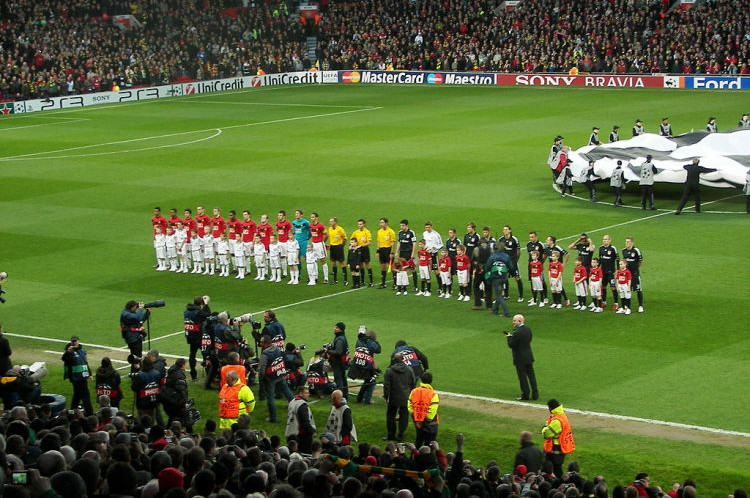
It’s the elephant in the room, the problem which we like to avoid speaking about: mental health in sport. At times, these are two contradictory worlds. Sports people are expected to perform day in, day out. They are expected to provide results, do their job in a consistently effective manner, and this creates quite the pressure.
Sport is a heroic world. One that likes to push vulnerability away, one of strength, determination and the euphoria of overcoming challenges. To sport, a man, or woman, who is limping down the street, brainstorming about black holes, has little value.
The media are often the lid of this pressure-cooker, often shrouding the problem with their interpretations, using pseudo-humane concerns which hide their real intentions – usually to sell more papers.
When former Spurs player Aaron Lennon was detained for stress-related illness, Daily Mail published the following headline: “55,000-a-week England footballer Aaron Lennon is detained under the Mental Health act after stand-off with police.” See anything wrong here? It’s the news that counts and the effect it will have on the reader. 55,000 a week? That’s a lot of money. ‘Who would feel miserable earning that much?’ is what the Mail asked.
That’s how Daily Mail warped it. And it’s got nothing to do with the fact that Lennon has felt the pressure of expectations in football since he was 12, and that he’s closing in on 31 and has played football for only 17 minutes in 2017. The pressure that stems from the football world is ultimately like a heavy anchor pulling the footballer down.
They are expected to win and to play, every day, every minute, every season of their often 15-year-long careers which usually start at a way too tender age. It is inevitable for a footballer to feel lost after his career ends, to feel lost for meaning because what he’s been doing pretty much all his conscious life he ends up being devaluated for with advancing sporting age.
Managers, team-mates and fans are all too often guilty of applying pressure on footballers themselves. But the issue is much wider than that. Mental health is still being stigmatised in an increasingly faster world where every minute counts and negative results often tilt towards the destructive side of criticism. The immediacy of it all engulfs, chews, caresses and spits out in the end. It is not easy for anyone to go through that. The choices are countless. Footballers can focus on their bank accounts if only to escape from this, or they can focus on life or the adoration they feel from the fans when they perform well. It’s all paper over the cracks.
Eventually, it crashes down. Footballers feel lost after their careers approaches its end or it ends. Some find it within themselves to fight back to get where they were before by continuing their involvement with the sport, other find something else to do, but it’s ultimately the two-decade old conditioning that likes to keep on nagging. And this needs to be addressed. It must be brought out in the open in the football world so a realistic support network can be built where footballers who need it do not feel judged to come out with such struggles.
Until this is done, there’ll be more Gary Speeds, Paul Gascoins and Aaron Lennons. The elephant in the room will keep on growing until it becomes so big that it will become impossible to ignore. Just what the second-most read paper in Britain is doing…keeping the lid on and ignoring…
Author


The Football Coach
How To Win Football Bets: A Betting Strategy To Help You Win Every Time

The Football Coach
How long is a football pitch? The complete pitch size guide













